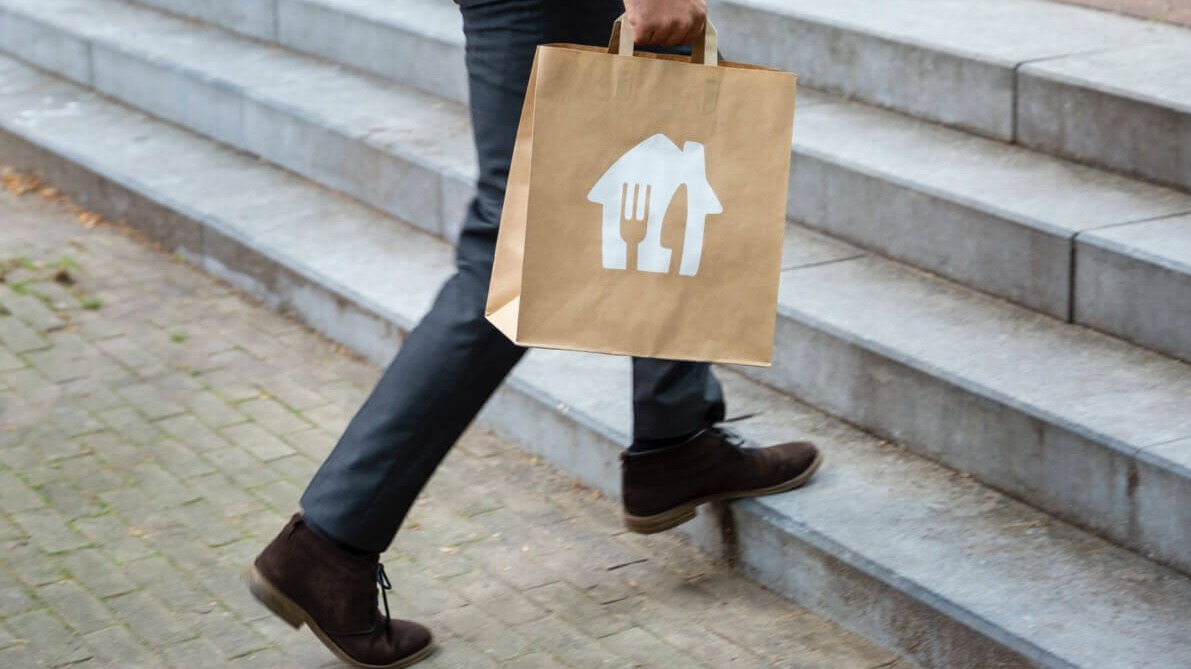Consumer goods giant Unilever has finalised its departure from Russia through the sale of its Russian subsidiary to local manufacturer Arnest Group, marking the end of the company's presence in the country.
The deal, which industry analysts estimate to be worth between £300-334 million according to an earlier report from This Is Money, represents a 50 per cent reduction from the division's original value. The sale encompasses all of Unilever's Russian operations, including four factories, as well as its Belarus business.
Chief executive officer Hein Schumacher outlined the complexity of the transition: "Over the past year, we have been carefully preparing the Unilever Russia business for a potential sale. This work has been very complex, and has involved separating IT platforms and supply chains, as well as migrating brands to Cyrillic."
The maker of Dove soap and Hellmann's condiments had faced mounting pressure from campaigners to exit Russia over allegations that its operations were helping to fund the Russian ongoing illegal invasion of Ukraine. Earlier this year, campaigners had called for the King to revoke the royal warrant from several prominent consumer goods companies, including Unilever, due to their Russian connections.
The exit follows similar moves by other major consumer goods companies. French food giant Danone was forced to transfer its Russian accounts in March after "losing control of the management," resulting in a £1 billion loss for the business.
While specific terms of the Unilever-Arnest deal remain undisclosed, the sale to the Russian manufacturer of perfume, cosmetics, and household products represents one of the most significant decisions under Schumacher's leadership. Since taking the helm, the chief executive officer has initiated several strategic changes, including plans to separate the ice cream business and reduce the workforce by up to 7,500 staff.
"The completion of the sale ends Unilever Russia's presence in the country," Schumacher confirmed in his closing statement.
Latest News
-
Ocado to cut 1,000 jobs in £150m overhaul
-
Asda to rebrand 10 Asda Living stores into Georg
-
Aldi raises wages to become 'highest' paying supermarket
-
On opens robot-run South Korea factory to speed shoe production
-
Ikea pilots in‑store Decathlon as first UK third‑party ‘blue box’ scheme
-
Lidl raises a further £481,000 worth of micro donations for Childline
Beyond Channels: Redefining retail with Unified Commerce
This Retail Systems fireside chat with Nikki Baird, Vice President, Strategy & Product at Aptos will explore how unified commerce strategies enable retailers to tear down these barriers and unlock new levels of operational agility and customer satisfaction.
The future of self-checkout: Building a system that works for consumers and retailers
In this webinar, industry leaders discussed what the future of self-checkout looks like and how retailers can make the technology work for everyone.
© 2024 Perspective Publishing Privacy & Cookies










Recent Stories